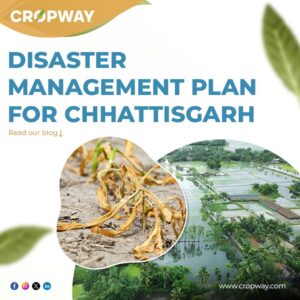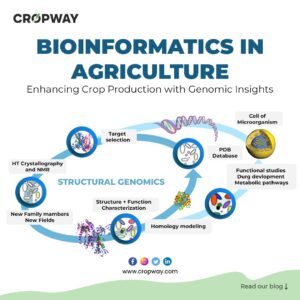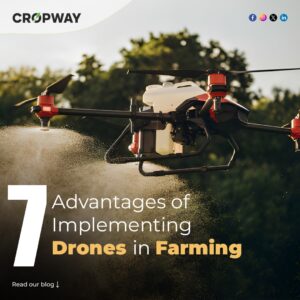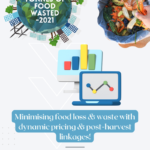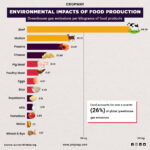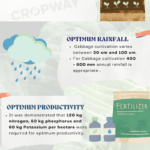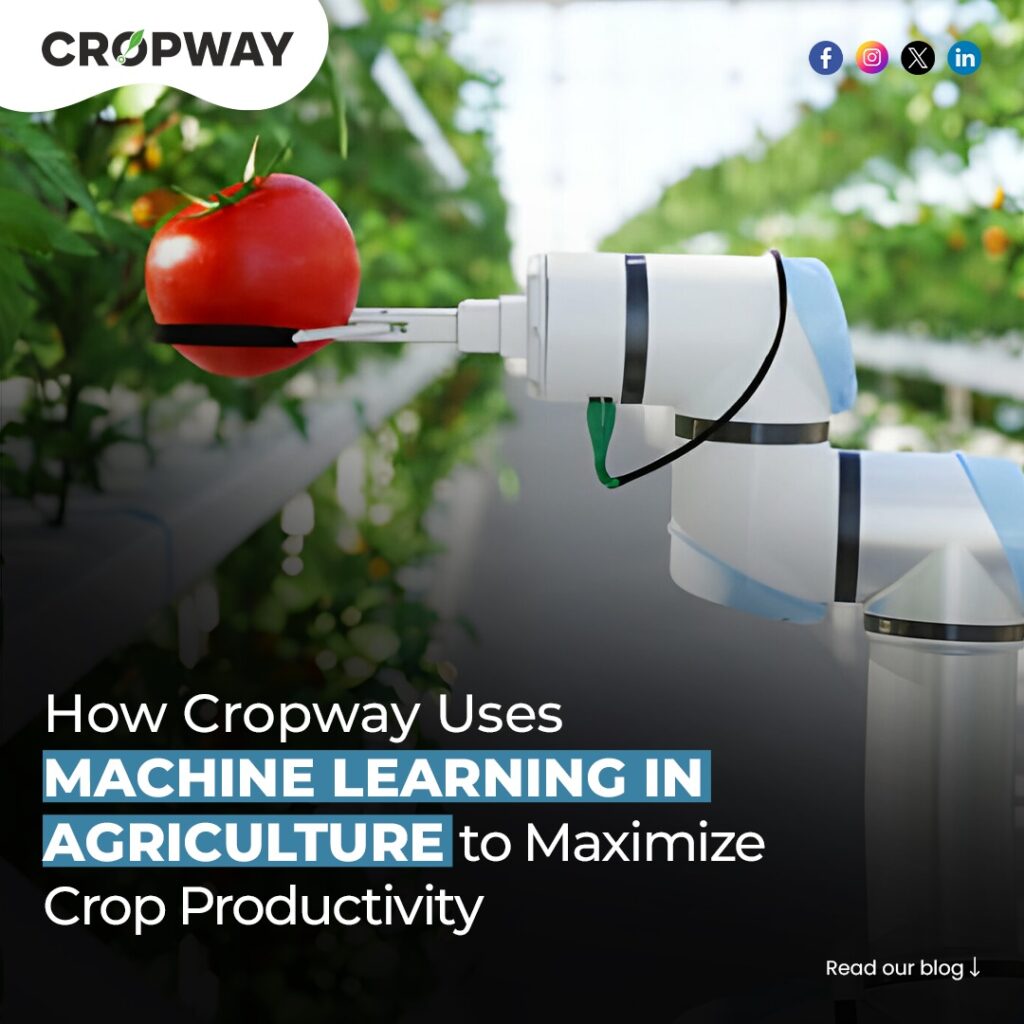
Introduction
What is AI & ML? Artificial Intelligence (AI) empowers machines to emulate human perception, cognitive processes, and actions. In contrast, Machine Learning (ML), a subset of AI, empowers devices to learn from diverse datasets autonomously, without explicit programming. AI serves as a broader concept encompassing the scope of machine learning. Both AI and ML find application across various industries to enhance system efficiency and intelligence, reducing the need for human intervention. This results in quicker responses and decision-making, minimizing the likelihood of human errors.
Agricultural operations, spanning from land preparation to post-harvest processing and marketing, form a complex life cycle. In this intricate process, the integration of Artificial Intelligence (AI) and Machine Learning (ML) emerges as a transformative force with the potential to optimize resource utilization and positively impact every phase of agriculture. This development in the agricultural sector holds promising prospects for increased productivity and operational efficiency.
Importance of Machine Learning & AI in Agriculture
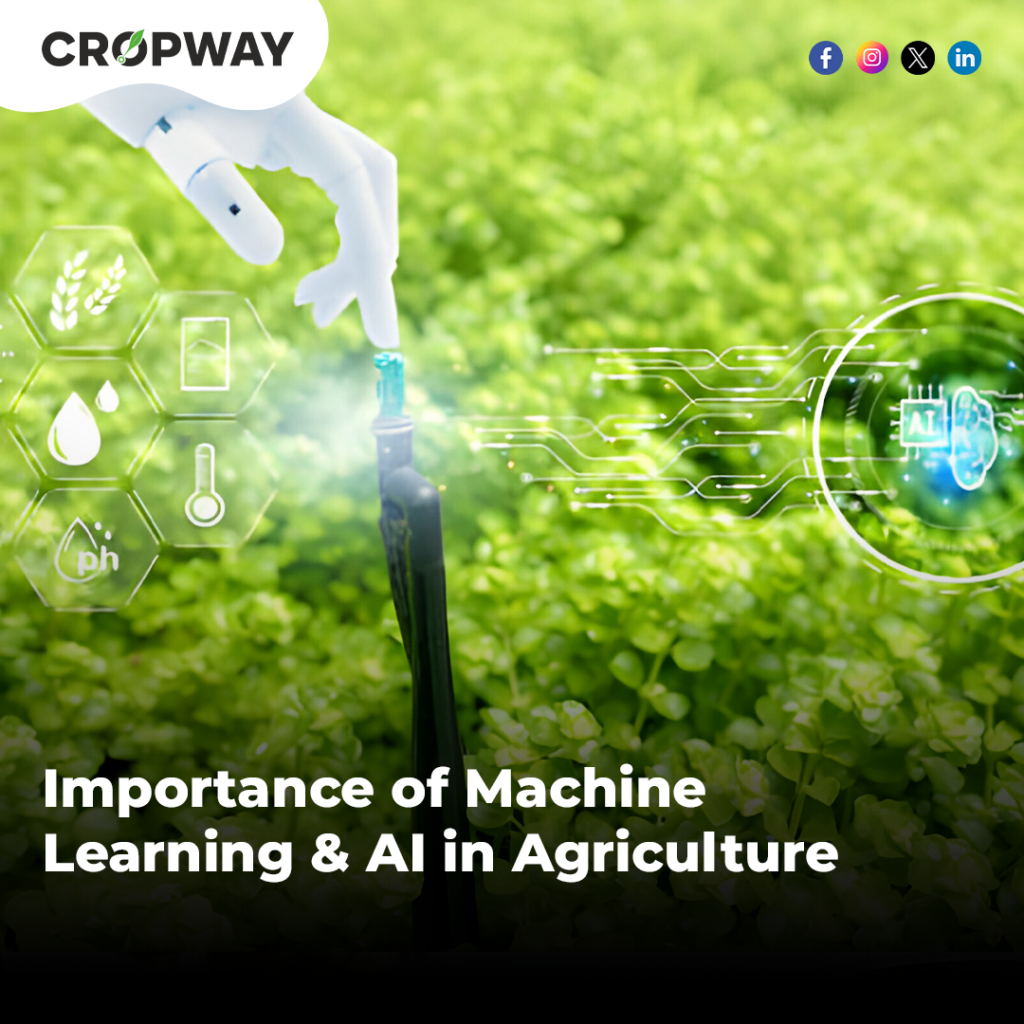
Traditional methods, even with decades of experience and precise weather data, still grapple with success variability. Machine learning (ML)& Artificial Intelligence (AI) has become increasingly important in the agriculture sector due to its potential to improve efficiency, reduce waste, and optimize resource usage. A few of the benefits of ML & AI in agriculture are discussed below:
- Mitigating Environmental & Climate Risks: Machine learning can potentially equip farmers with predictive insights about optimizing irrigation schedules, fertilizer application rates, and pesticide use, in turn reducing wastage and environmental impact. It may also assists farmers in taking informed decisions by adapting practices to cope with changing weather patterns, fostering resilience.
- Saving Time and Labor: AL/ML assisted tools & automation can help remotely map fields, monitor crops, and drive autonomous equipment’s to save time, resources, and reduces the dependency on manual labour. These tools can also provide alerts to avoid hazardous tasks, improving farm workers’ safety and health. Leveraging automated robots can also possibly minimizes the harvesting time, leading to a significant boost in farmers’ profits.
- Enhancing Crop Quality and Yield Optimization: ML applications contribute to improved crop quality and increased yields. By analyzing a myriad of factors such as soil health, weather conditions, and historical data, ML algorithms can offer tailored recommendations for optimal planting times, irrigation, and fertilization. This personalized approach to farming not only ensures better crop quality but also maximizes overall yield, providing farmers with a substantial economic advantage.
- Improving Food Quality: ML plays a crucial role in analyzing and detecting sources of pathogens, thereby managing the risk of foodborne outbreaks. This contribution ensures the production of safer and higher-quality food, benefiting both public health and the profitability of the agricultural sector.
- Smart irrigation: Irrigation stands as a crucial component of intensive farming operations. The implementation of automated irrigation systems presents a practical enhancement for both crop yield and quality. By automating irrigation based on factors such as soil condition, crop type, and weather patterns, the overall harvest can be significantly improved. Additionally, such automated systems offer farmers the benefit of optimal water management, acknowledging the importance of water as a valuable natural resource.
Intelligent Agriculture Through Cropway’s State-Of-The-Art Platform
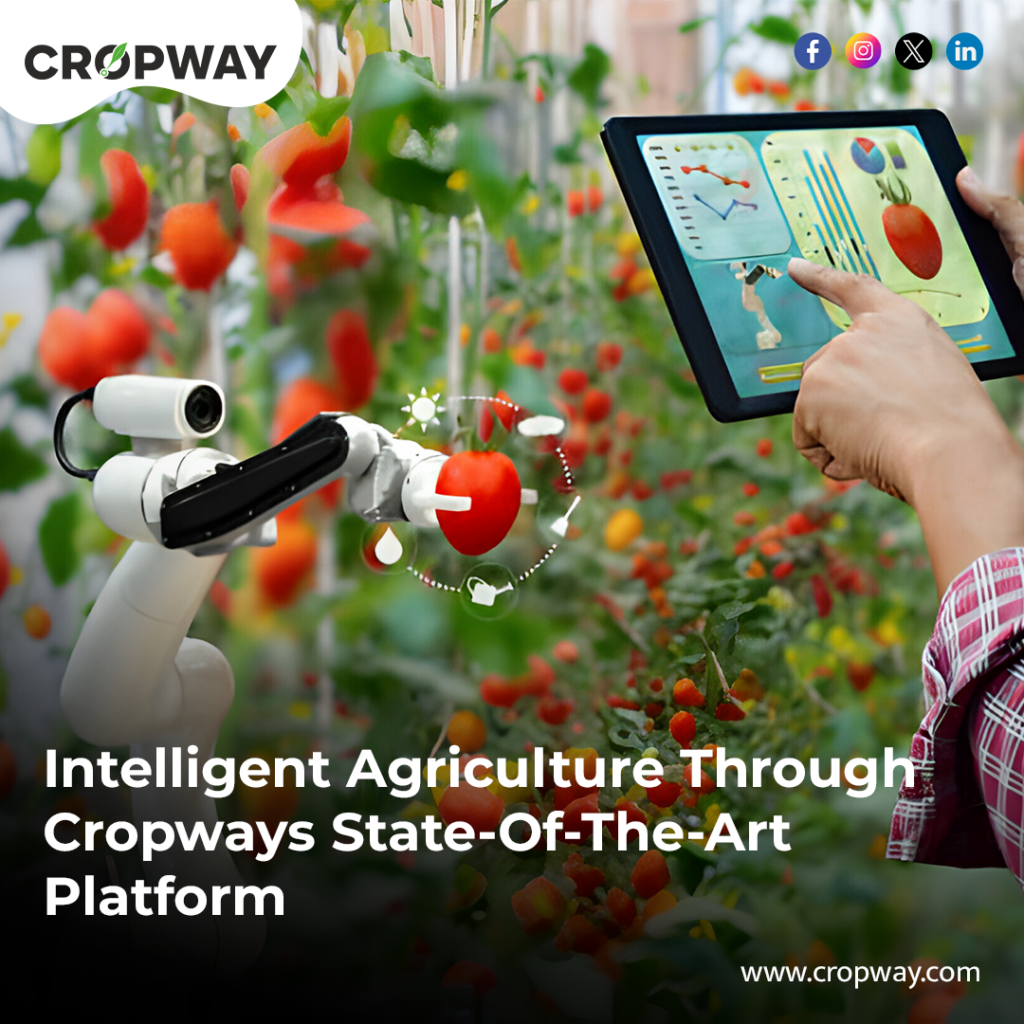
Digital farming applications, exemplified by platforms like Cropway, empower farmers& agribusinesses to gain valuable insights into their operations. Cropway introduces a data-driven revolution, leveraging AI, ML, data science, and the Internet of Things (IoT) to address challenges faced by agriculture sector. Some key services include:
- Remote or Real-time monitoring of crop fields: GIS-enabled land monitoring customised recommendations for your business by logging weather, soil, and crop growth data. It may be used with Internet of Things (IoT) data to study volumetric measurements and generate heat maps that indicate geographical intensity, in addition to providing factual information. It helps in early risk detection of pests & diseases to avoid crop loss. Mapping and imagery analysis tools, which examine soil health, conditions, and water irrigability to address agricultural management needs. By using drones, equipped with sensors, a bird’s-eye view is obtained for land surveying, irrigation needs, crop health assessment, and precision spraying.
- AI-powered chatbot: Intelligent tool crafted for Indian farmers, serves as a virtual assistant for real-time agricultural advice. Beyond textual interactions, the chatbot excels in understanding natural language spoken by the user through voice channels, ensuring a seamless experience. It provides a user-friendly interface to access information on crop and livestock conditions, irrigation, fertilization, and financial planning.
- Price predictions: Our machine learning solutions in agricultural and applied economics provide a comprehensive understanding of price fluctuations. We offer tailored risk management measures, crop yield potential, and strategic forecast for demand prediction of crops. Leveraging advanced predictive analytics, we integrate diverse agriculture datasets sourced from aerial imagery and weather sensors, incorporating historical pricing, location, climate, and crop data to provide unparalleled forecasting accuracy.
- AI-driven plant diagnostics: We employ a range of deep-learning modules such as our rapid AI-driven diagnosis of plant diseases, efficient nutrient/agrochemical application, and location-relevant agronomic advice that address diverse challenges within the agricultural ecosystem, from farm to fork.
Conclusion
Cropway is dedicated to streamlining input-output linkages across the entire food supply chain, by integrating data from their farms with advanced data science tools such as disease detection, price prediction, and chatbots, complemented by visualizations through satellite imagery, this digital platform offers a comprehensive overview. From real-time weather conditions and in-season field health to observing combines harvesting crops, farmers receive precise information. This knowledge enables them to optimize resource utilization, making informed decisions about plowing, planting, applying treatments, and harvesting—tailored to the specific needs of their fields.
Beyond enhancing individual field areas, this prescriptive agriculture approach aids in conserving inputs, reducing costs, and saving valuable time for farmers to allocate to other operational aspects. Partnering with Cropway empowers stakeholders in agribusiness to make data-driven decisions, fostering improvements in productivity and profitability throughout the value chain. As a pioneering industry platform, our goal is to provide a complete suite of agriculture-specific capabilities, facilitating the acceleration of business growth and driving a rapid and widespread digital transformation across the agri-ecosystem.

